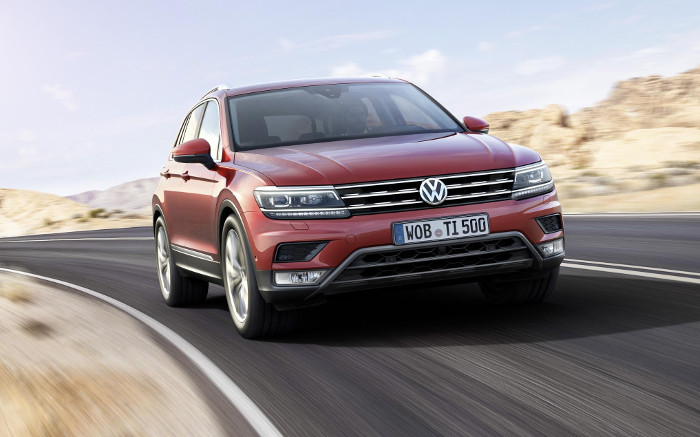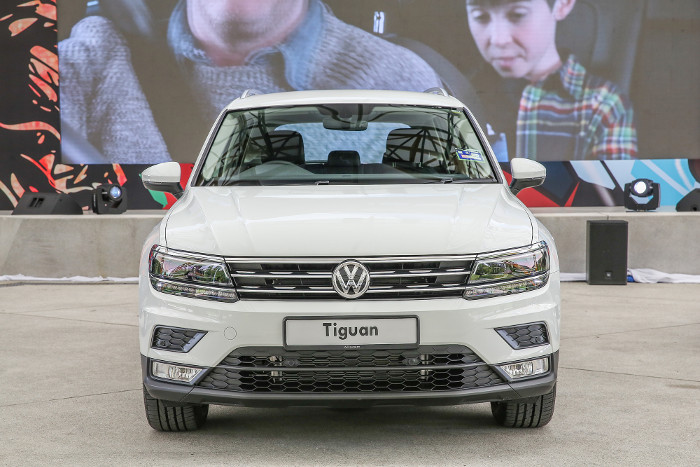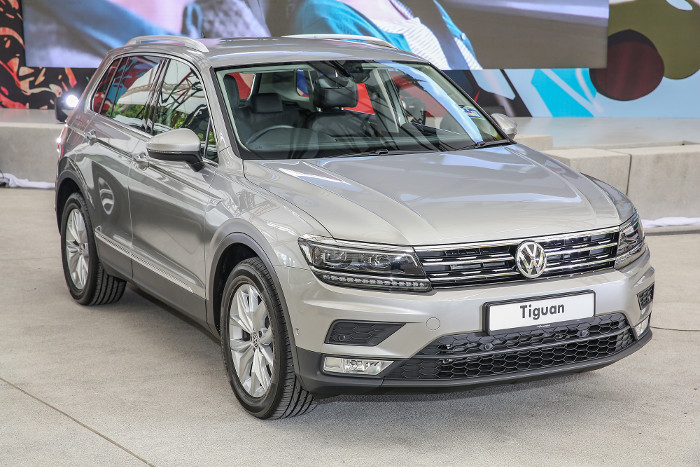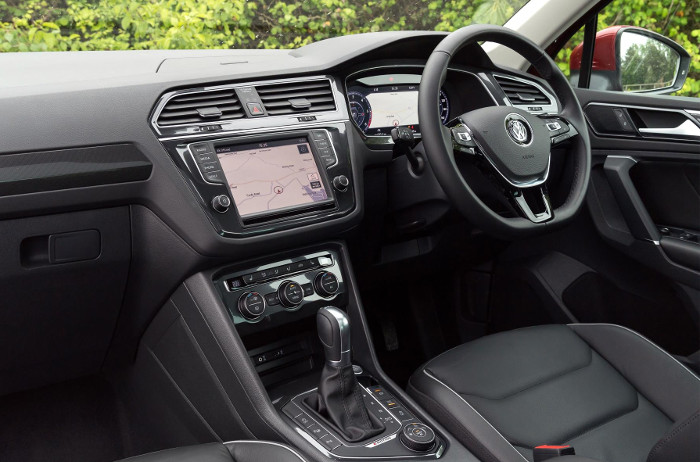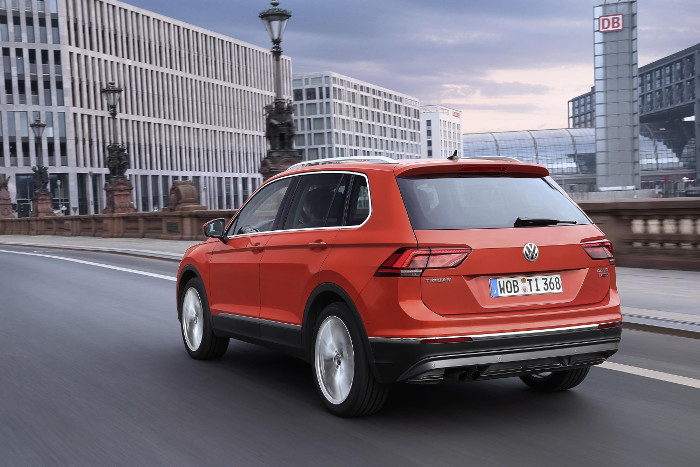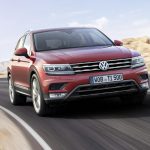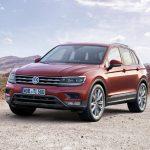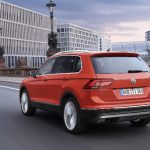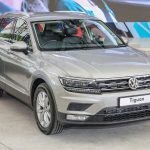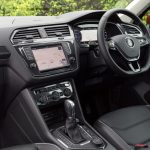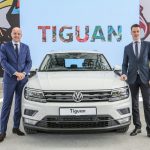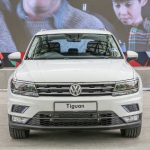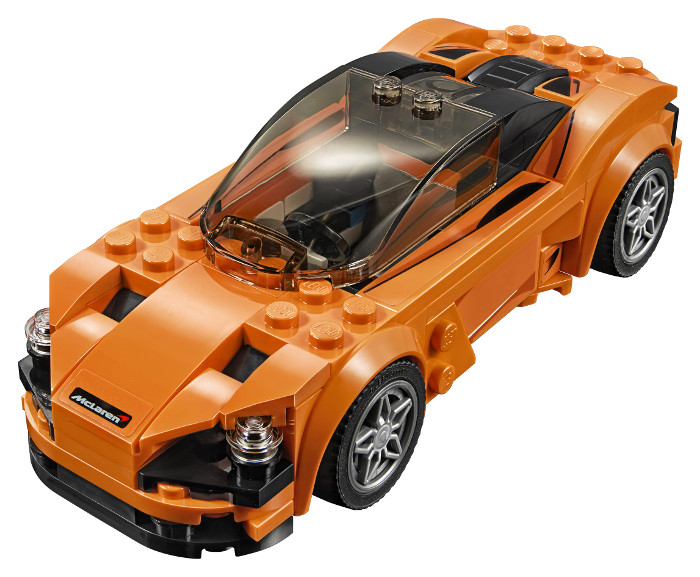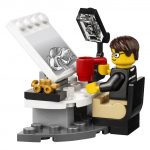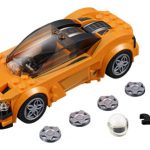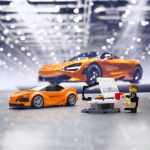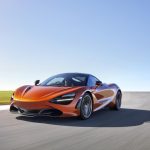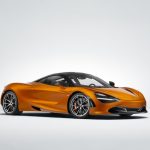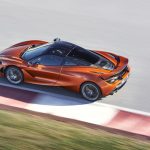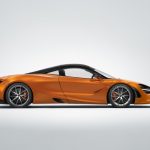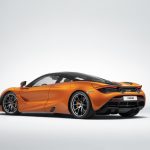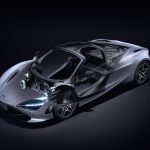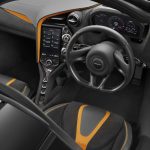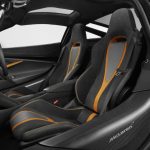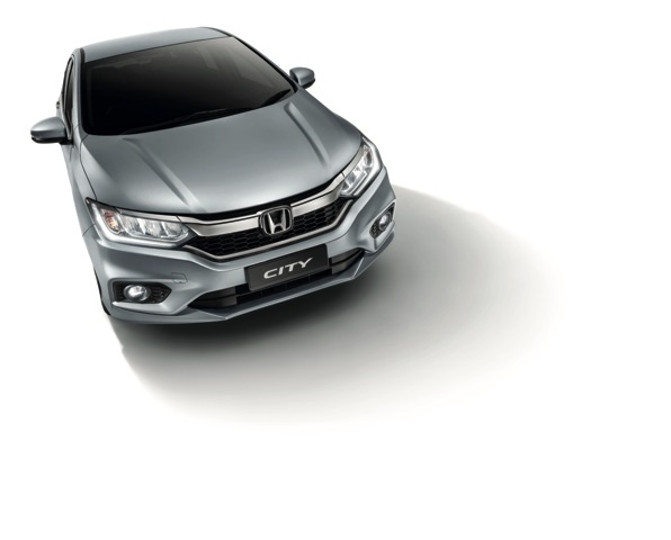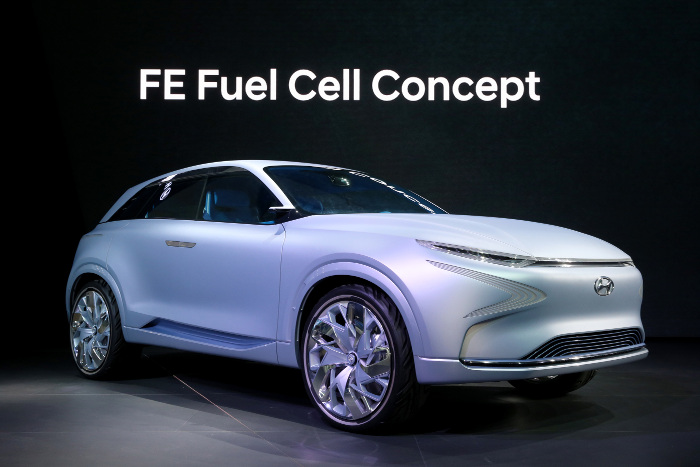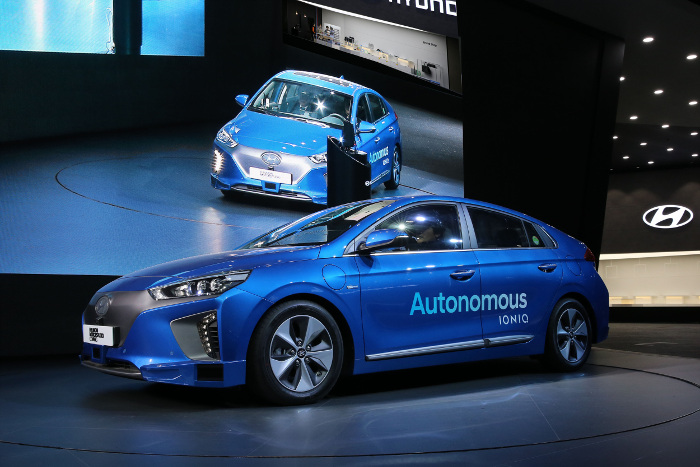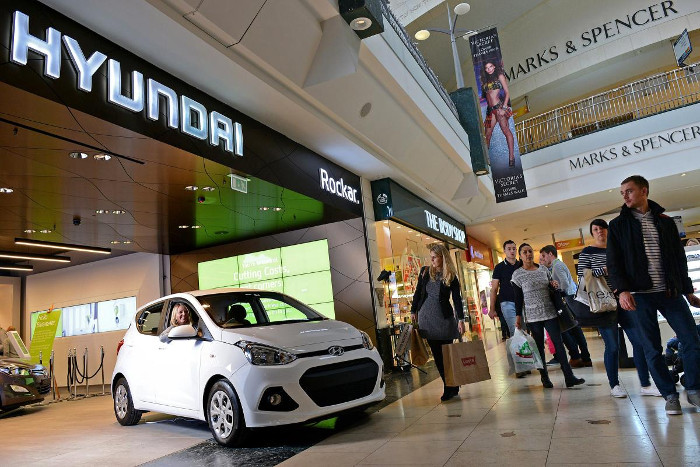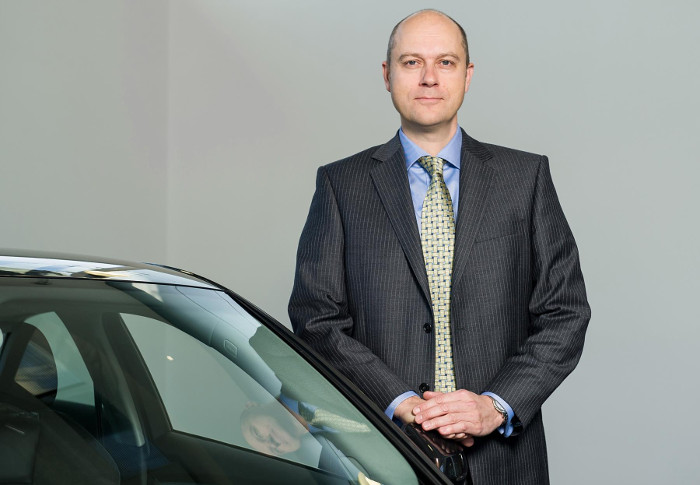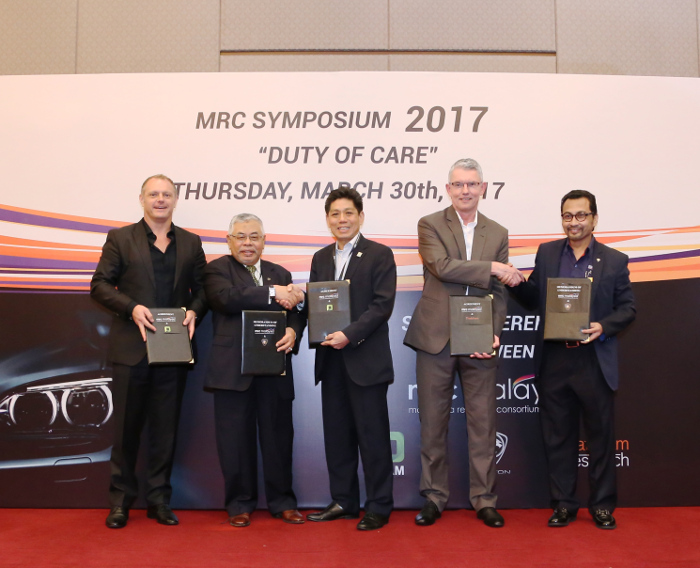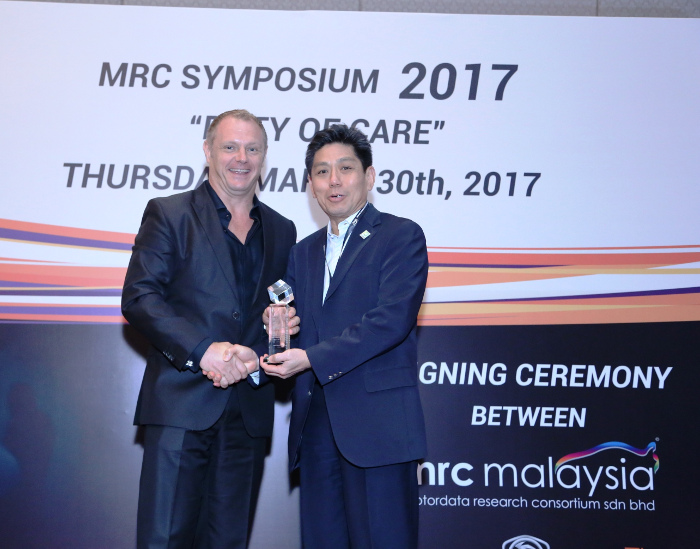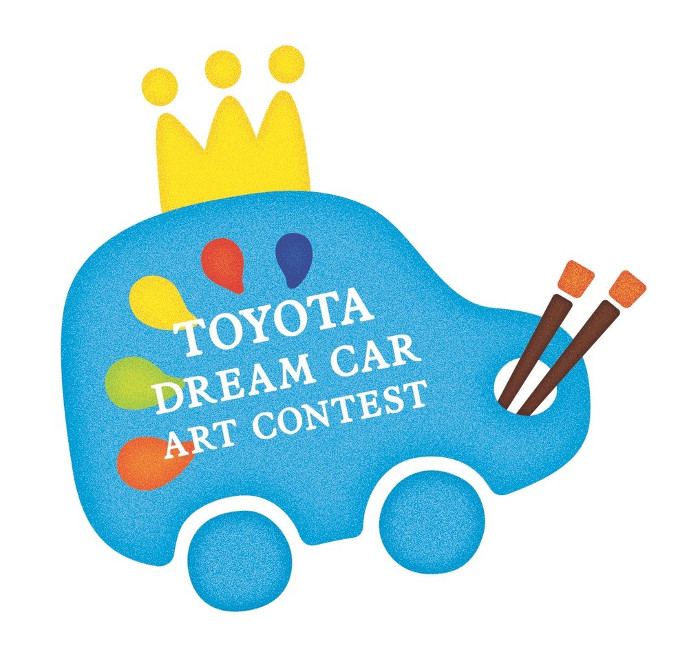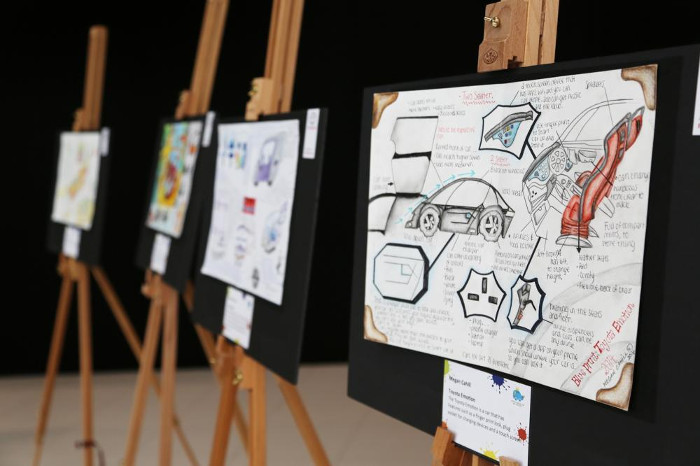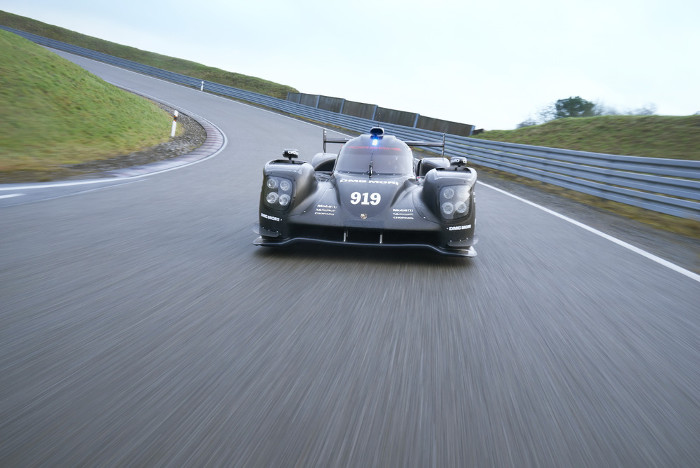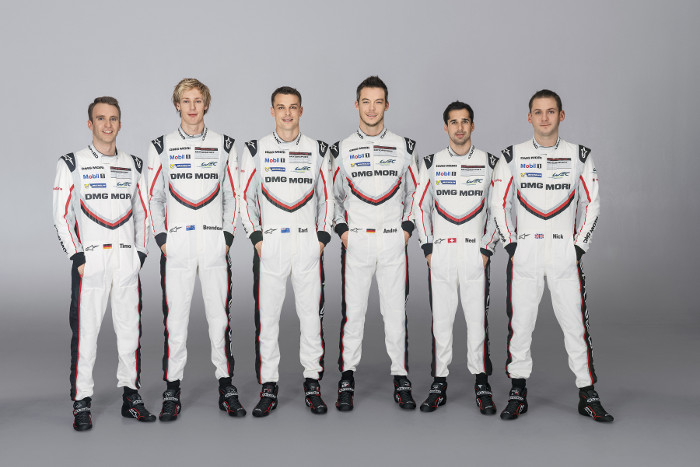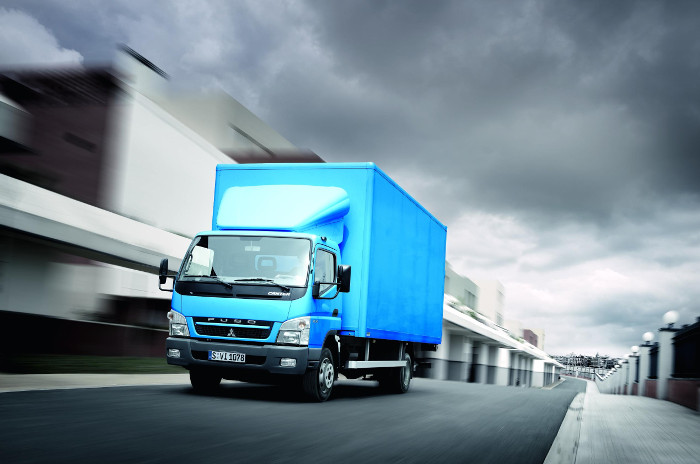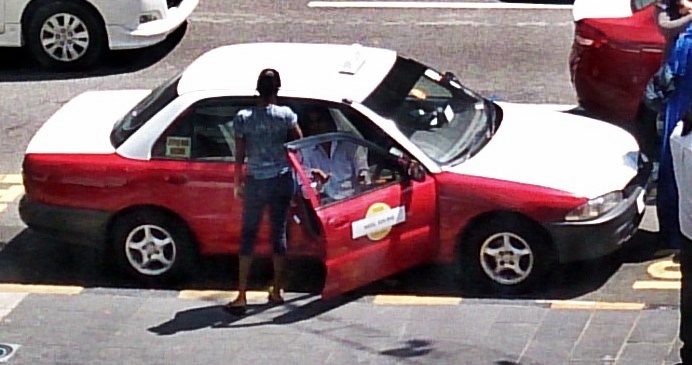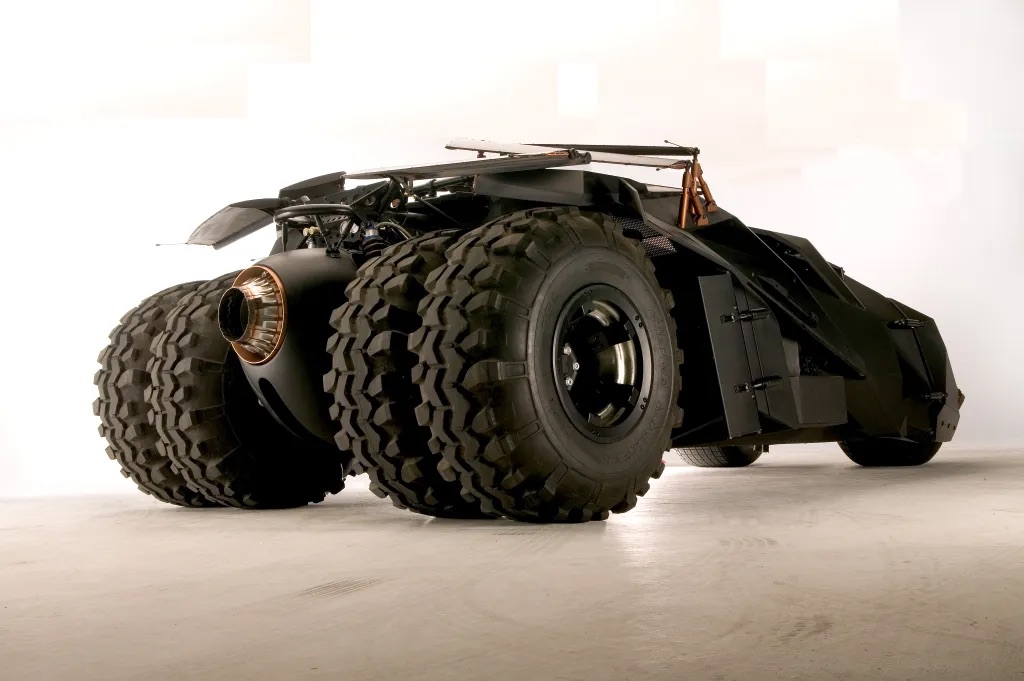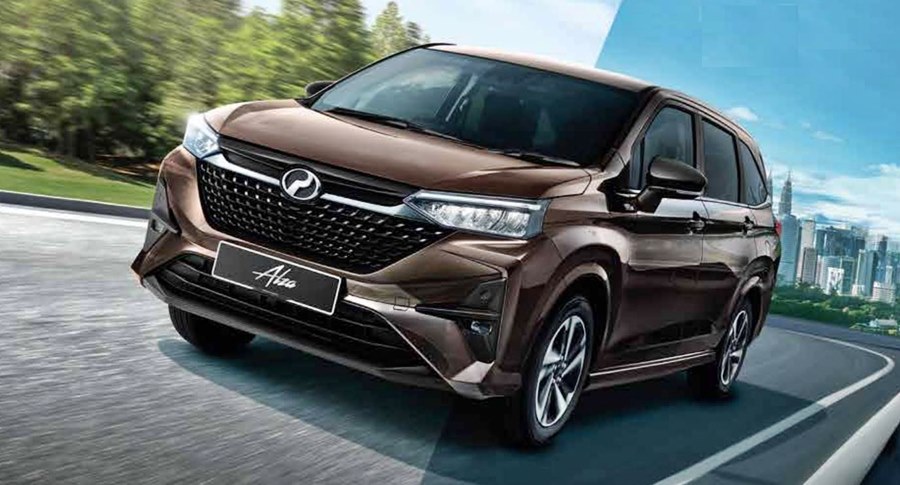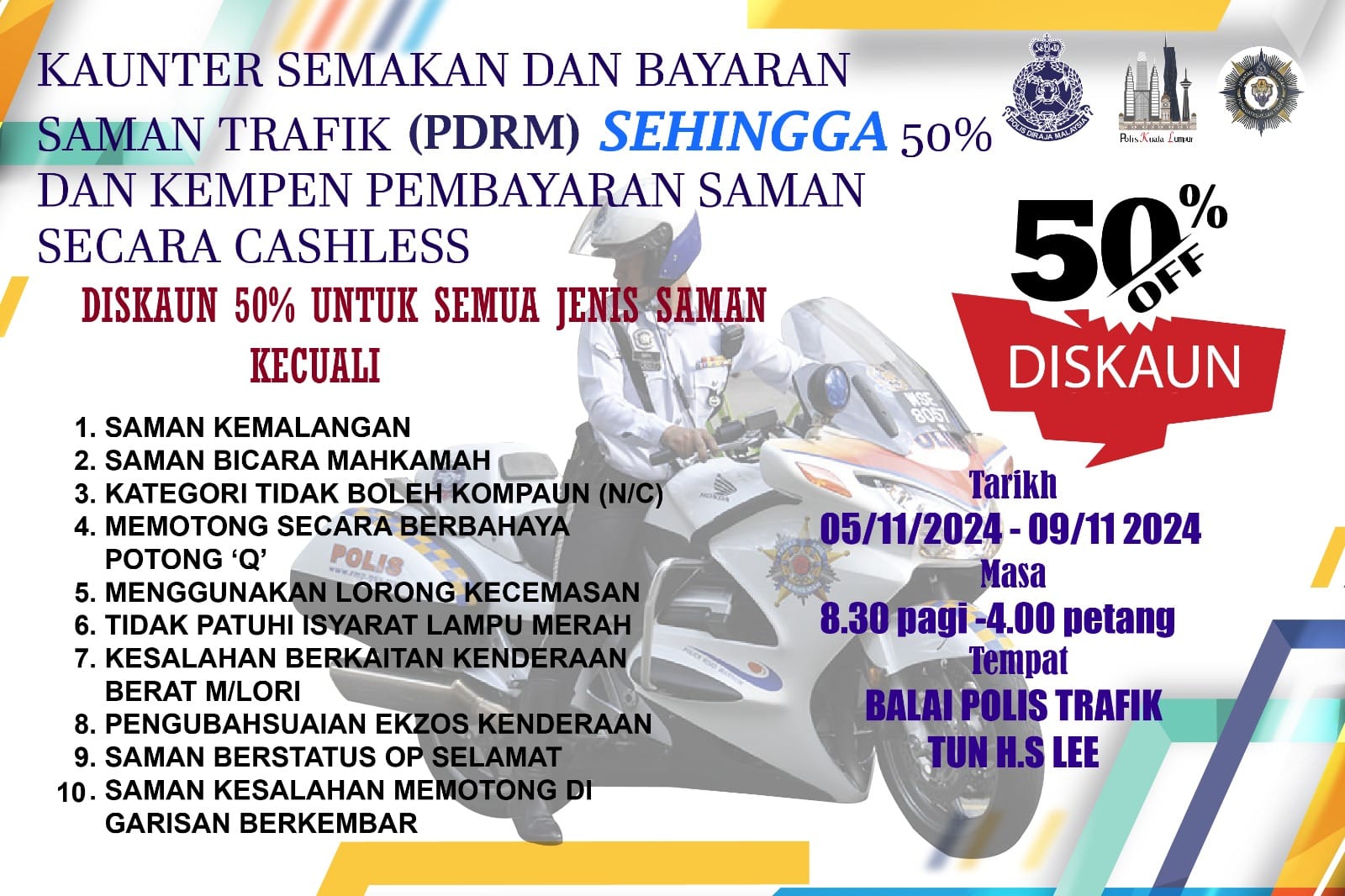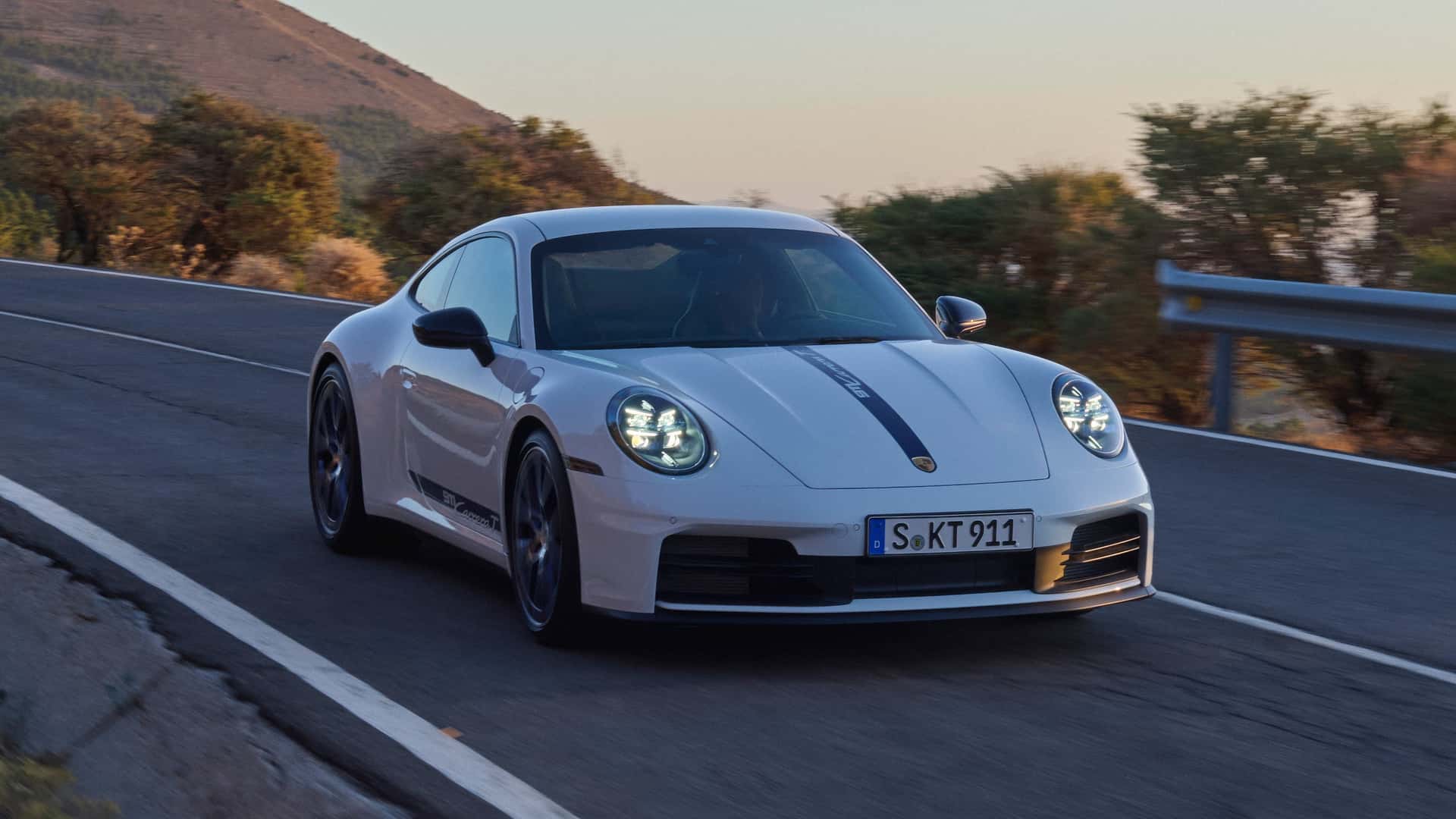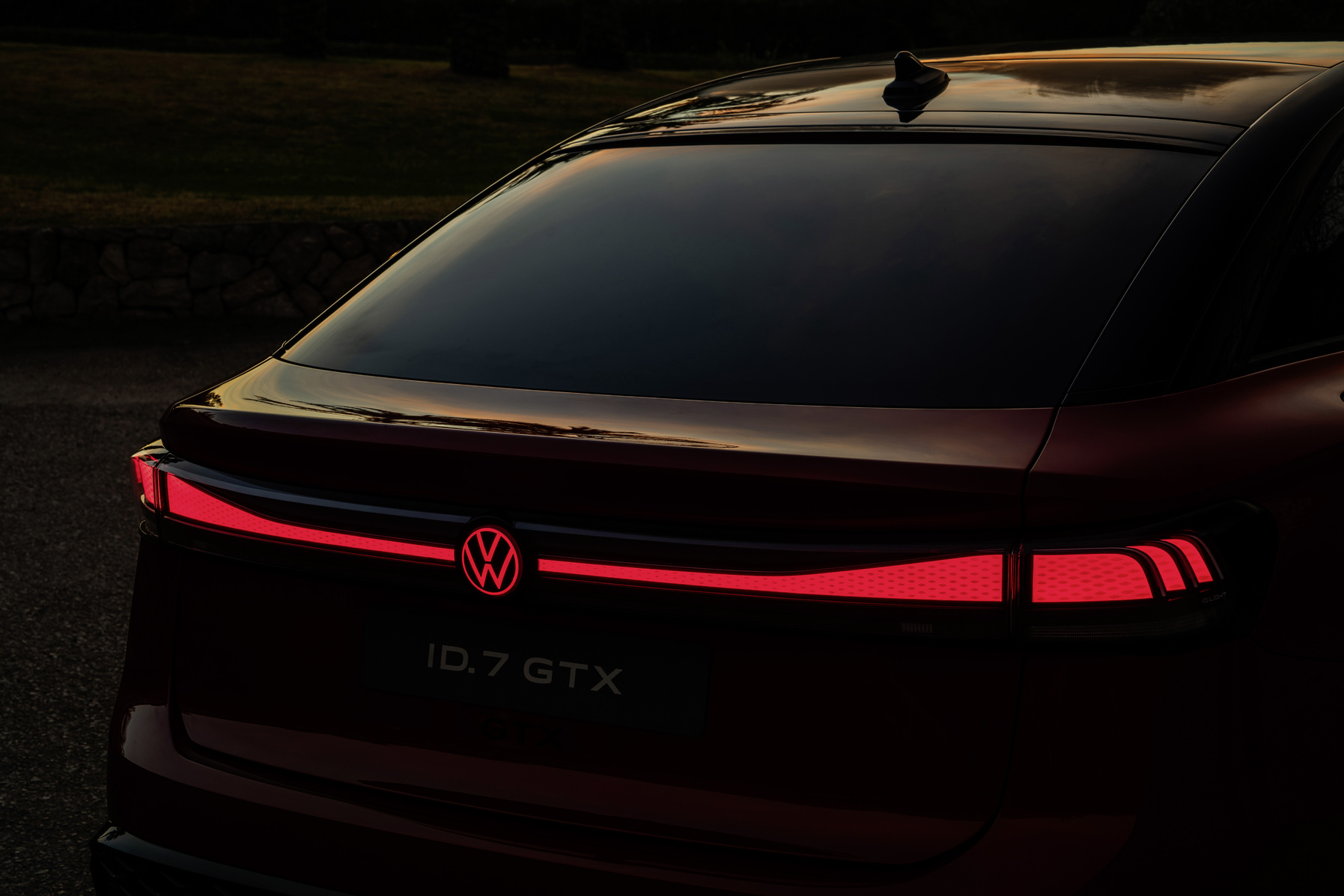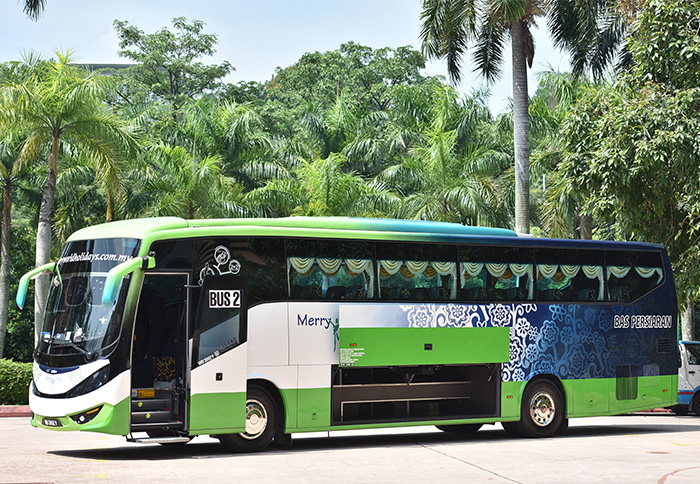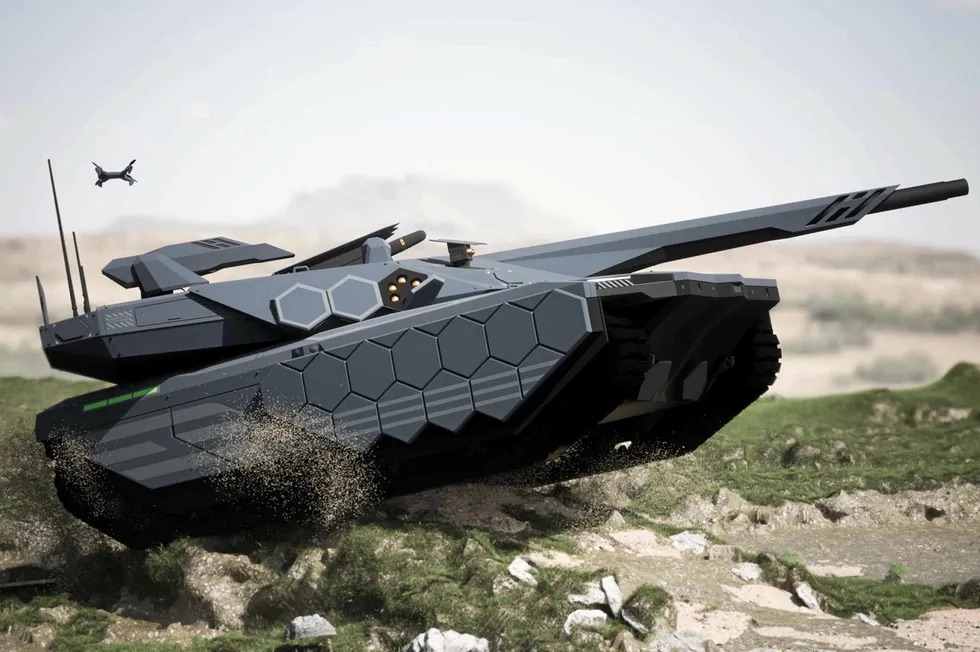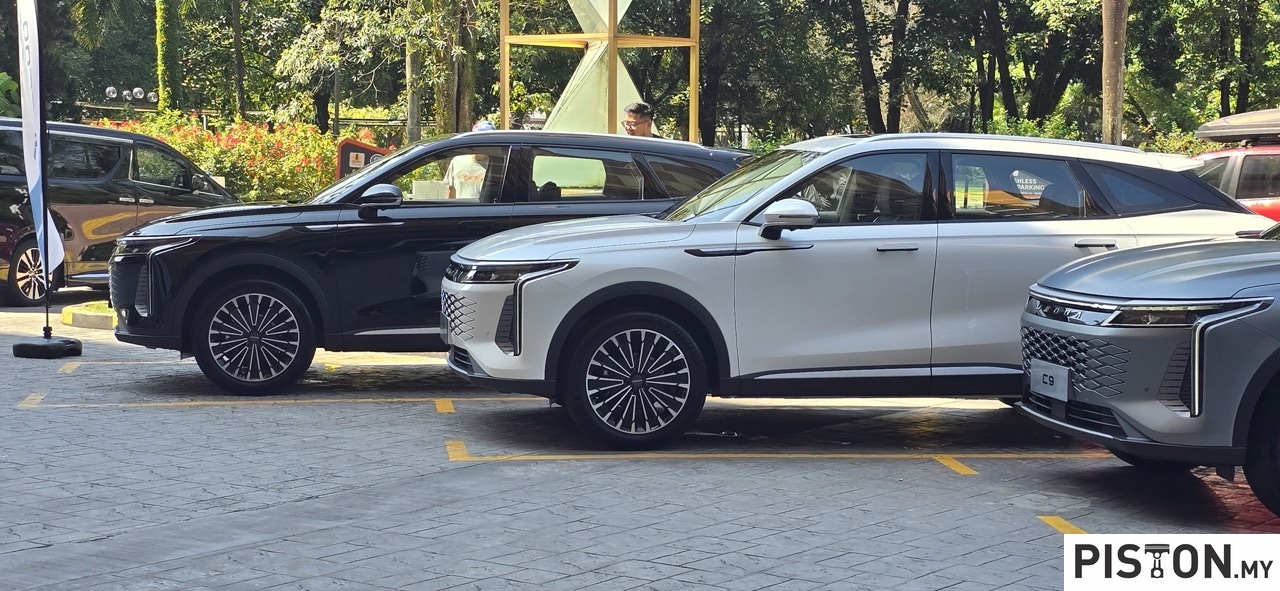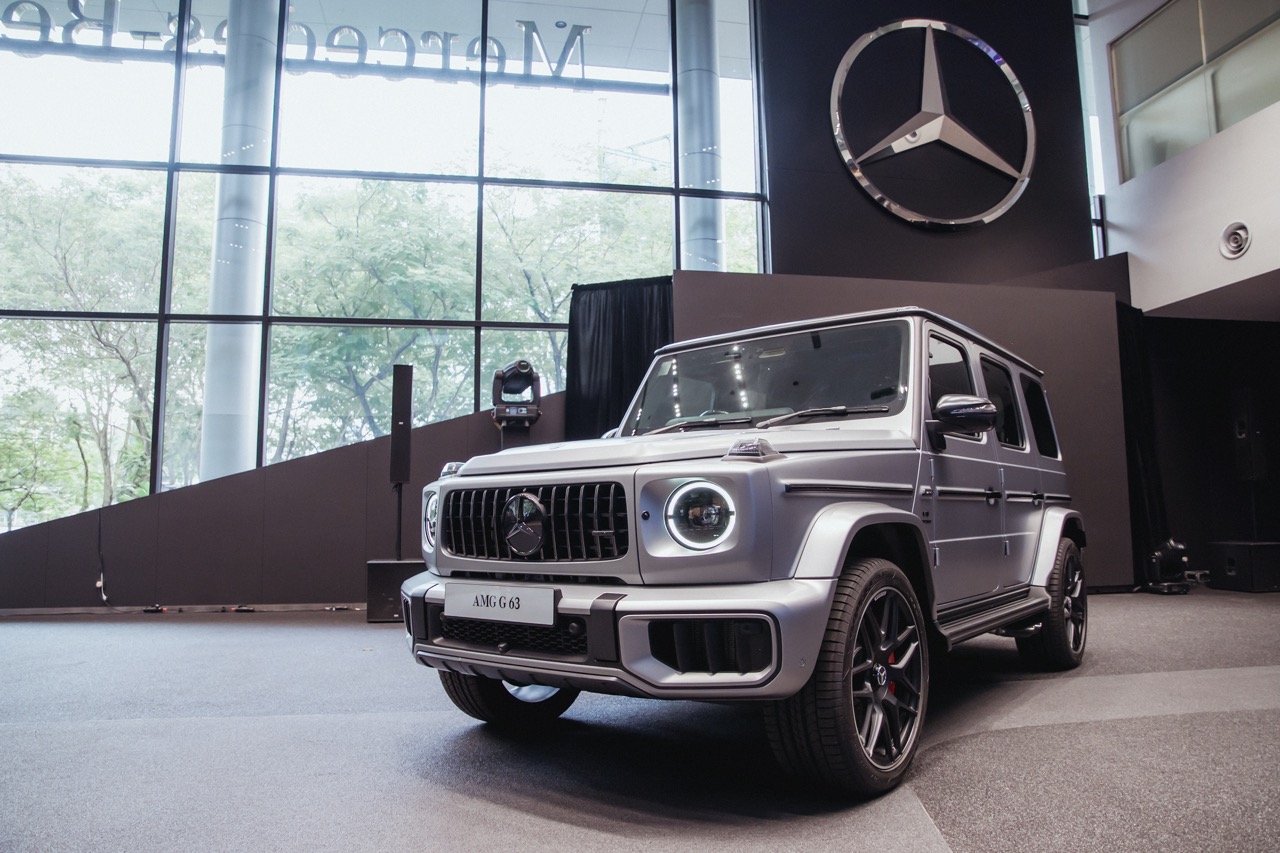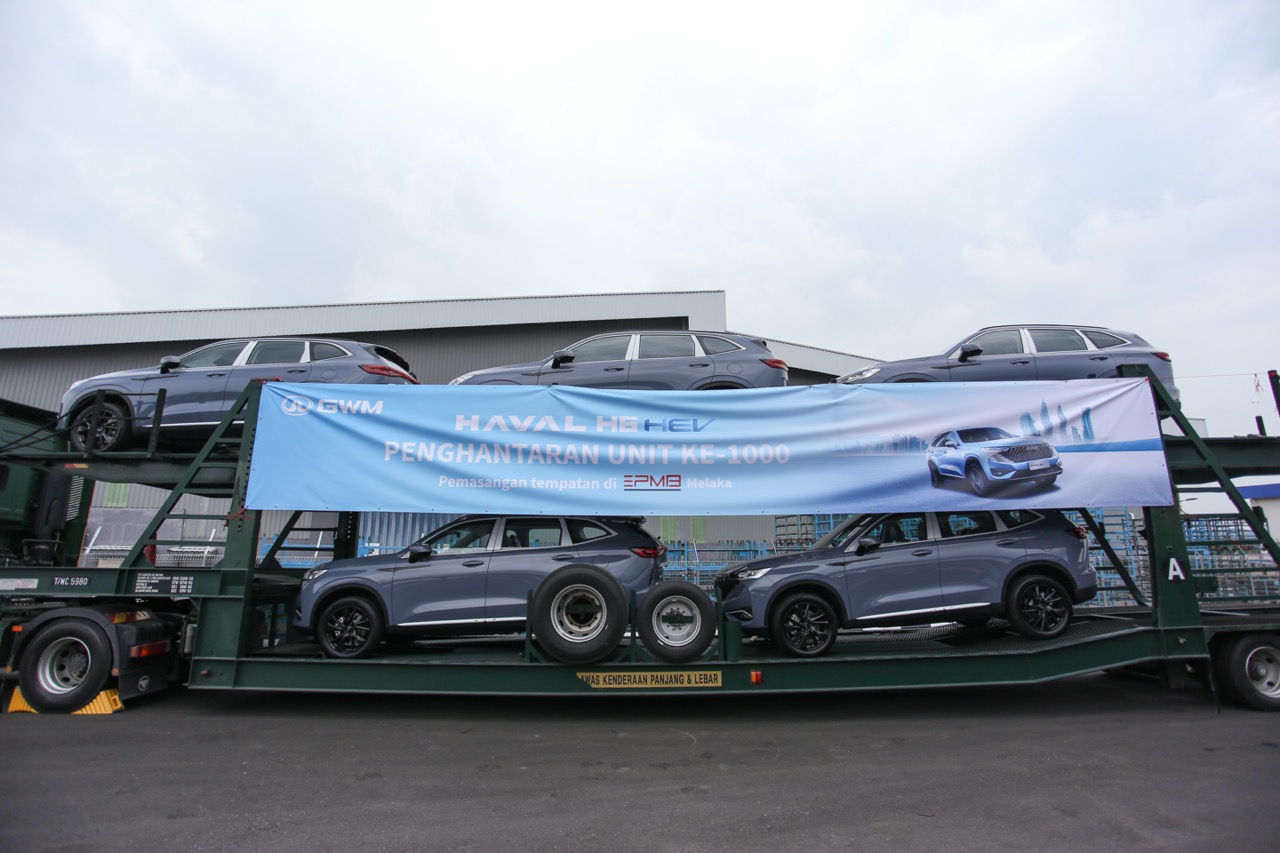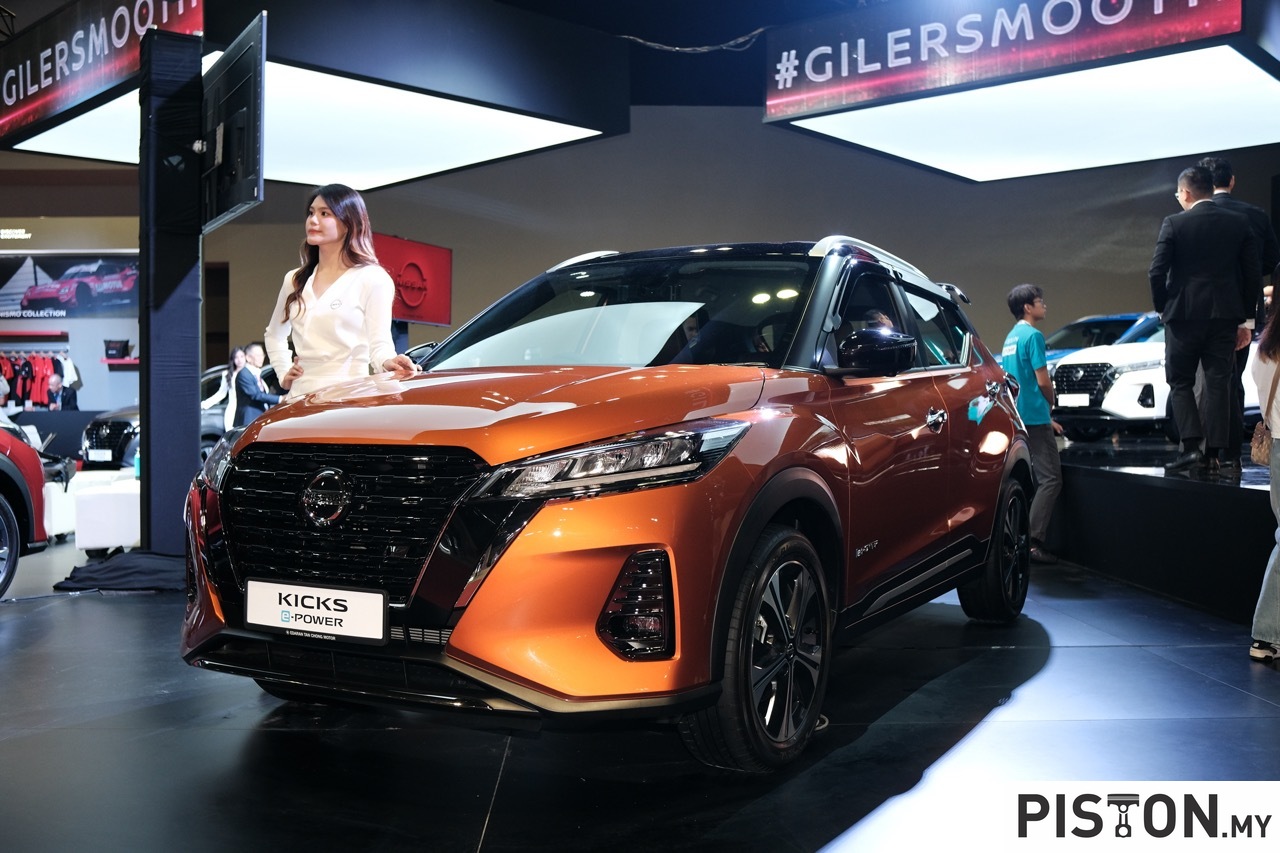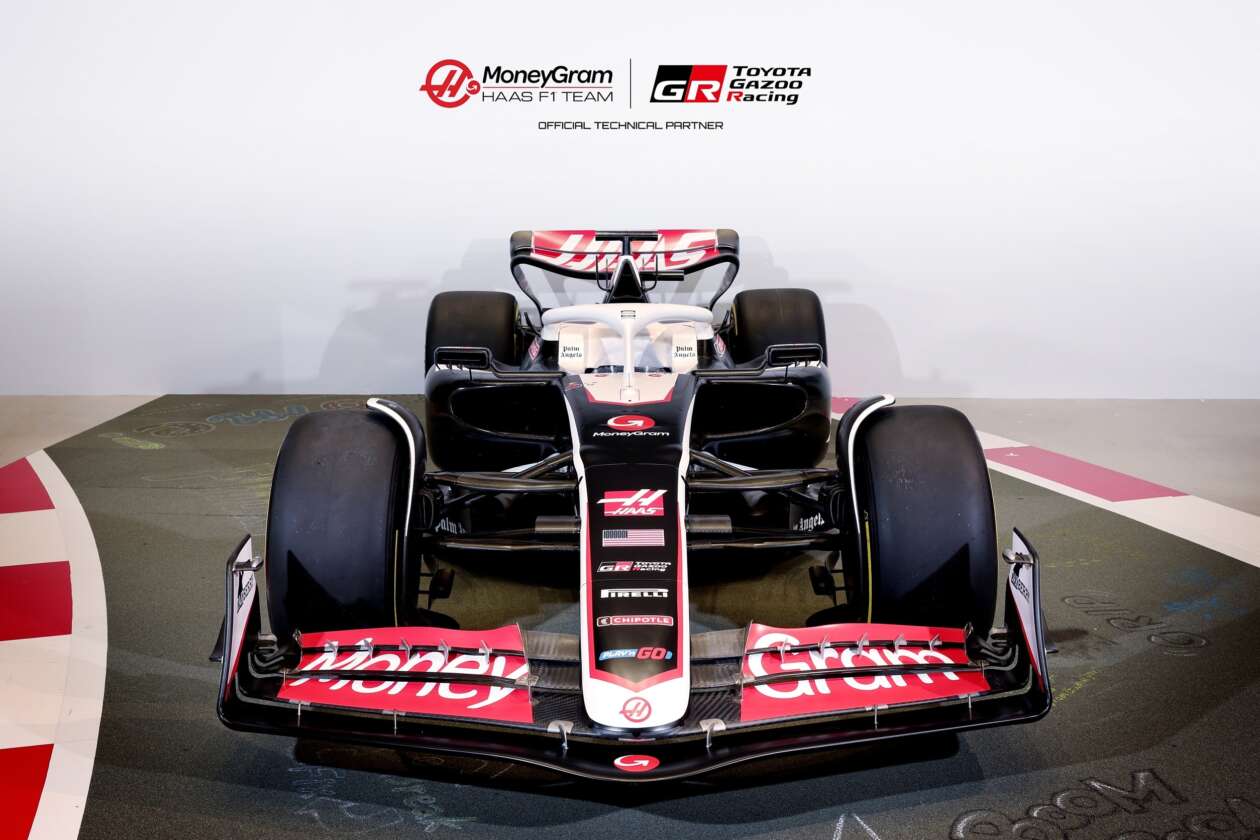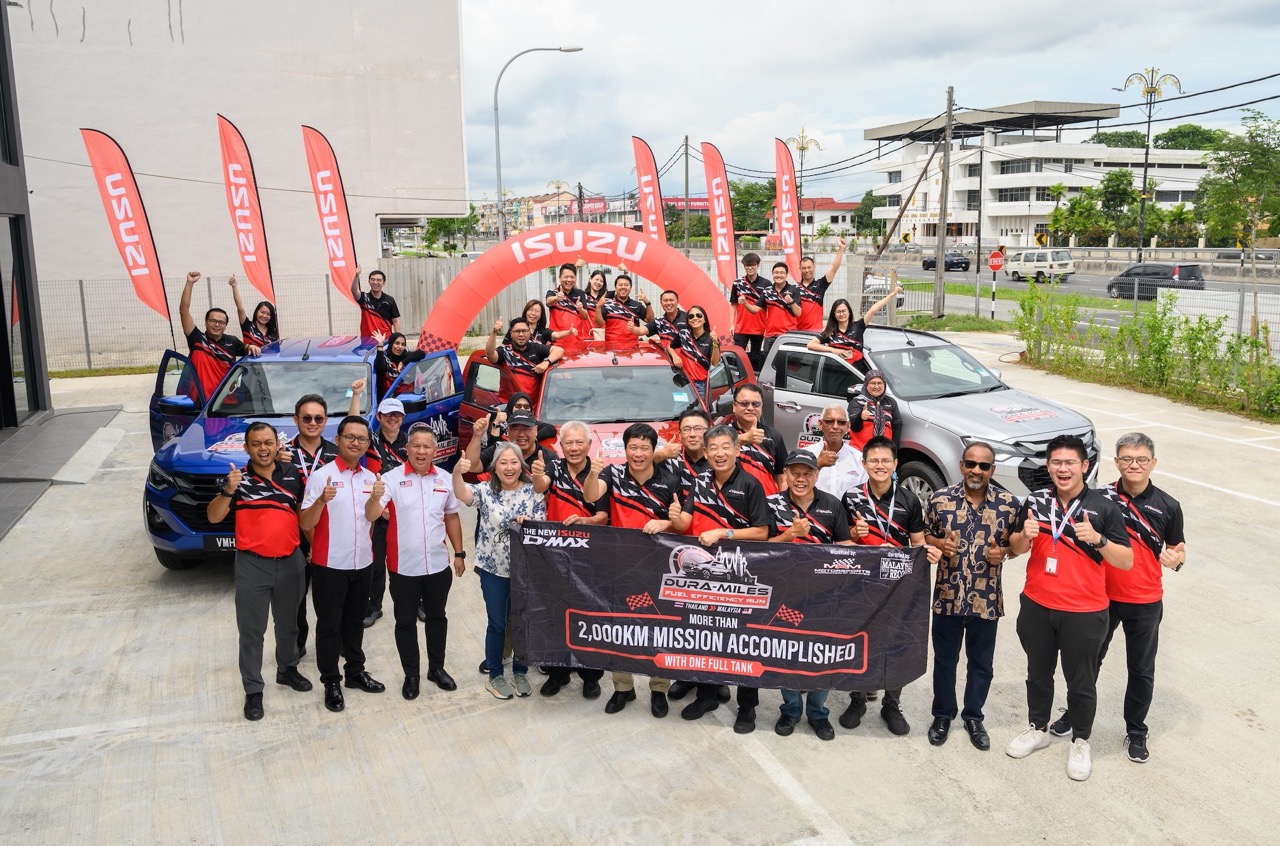Volkswagen has officially launched its all-new Tiguan for the Malaysian market. The new SUV is longer, wider and sits lower than its predecessor. It has adaptive LED headlights and rear tail lamps which are far more prominent than the standard ones found on the previous vehicle. Fitted as standard is the 18-inch “Kingston” alloy wheels and for convenience sake, a keyless entry system and its tailgate can be operated electronically.
Inside, the new Tiguan offers a leather multi-function steering wheel with paddle shifters, Vienna leather seat upholstery, height adjustable armrests, 12-way driver electric seat and climatronic air-conditioning. Rear passengers of the Tiguan have their own foldable tables which should come in handy especially on long trips. VW have even fitted ambient lighting on the door lining and side steps to to make it easier for occupants to exit the vehicle instead of fumbling about looking for the door handle in the dark.
Unlike before, the instrument cluster of the new Tiguan is a 12.3-inch full colour TFT display that replaces the analog style dials and meters found in its predecessor. Drivers can even change its theme with six different options that have been made available.
Seated in the centre stack is a 8-inch infotainment system that offers the usual multimedia connectivity and navigation system. For a limited time only, VW is offering its App Connect function on the higher spec Tiguan at a price of RM699, which is significantly lower than the standard RM1,099. This function will offer smartphone app accessibility for the infotainment system that is compatible with Android Auto, Apple Carplay and Mirrorlink.
Under the bonnet of the Tiguan is a 1.4-litre TSI turbocharged direct injection engine that is mated to a 6-speed wet clutch direct shift gearbox (DSG). It’s power is rated at 148bhp and offers 250Nm of torque from just 1,500rpm. Not that you would be eager to do this often, but the Tiguan has the ability to sprint to 100km/h from a standstill in just 8.9 seconds. This fuel sipping engine is said to deliver a fuel consumption figure of just 6.7-litres per 100km, which has helped earn it the Energy Efficient Vehicle (EEV) certification.
Like most VWs, the Tiguan is loaded with safety tech including six airbags, Electronic Stability Control (ESC), Anti-lock Braking System, (ABS) and Brake Assist (BA), Multi-collision brakes, Intelligent Crash Response System (ICRS), Electronic Parking Brake (EPB) and hill-hold control. For child safety, the vehicle has anti-pinch power windows and ISOFIX anchorage points for child seats.
Buyers have a choice between five different colours which are Pure White, Deep Black, Blue Tungsten Silver and Indium Grey. As of now, there are two variants of the Tiguan that are currently being offered to Malaysian car buyers – the Comfortline which is priced at RM148,990 and the higher spec Highline, priced at RM168,990. Both cars are backed by a 5-year warranty and 5 year roadside assistance service from Volkswagen.




